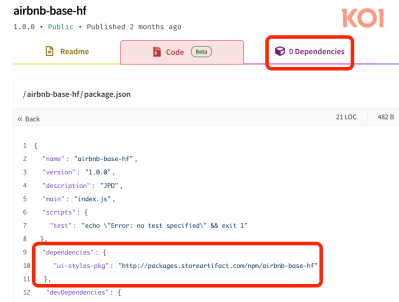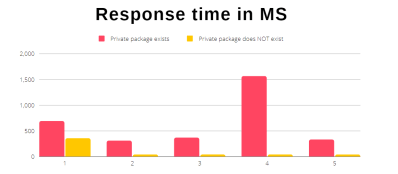Let’s talk about LANDFALL. That was an Android spyware campaign specifically targeted at Samsung devices. The discovery story is interesting, and possibly an important clue to understanding this particular bit of commercial malware. Earlier this year Apple’s iOS was patched for a flaw in the handling of DNG (Digital NeGative) images, and WhatsApp issued an advisory with a second iOS vulnerability, that together may have been used in attacks in the wild.
Researchers at Unit 42 went looking for real-world examples of this iOS threat campaign, and instead found DNG images that exploited a similar-yet-distinct vulnerability in a Samsung image handling library. These images had a zip file appended to the end of these malicious DNG files. The attack seems to be launched via WhatsApp messaging, just like the iOS attack. That .zip contains a pair of .so shared object files, that are loaded to manipulate the system’s SELinux protections and install the long term spyware payload.
The earliest known sample of this spyware dates to July of 2024, and Samsung patched the DNG handling vulnerability in April 2025. Apple patched the similar DNG problem in August of 2025. The timing and similarities do suggest that these two spyware campaigns may have been related. Unit 42 has a brief accounting of the known threat actors that could have been behind LANDFALL, and concludes that there just isn’t enough solid evidence to make a determination.
Not as Bad as it Looks
Watchtowr is back with a couple more of their unique vulnerability write-ups. The first is a real tease, as they found a way to leak a healthy chunk of memory from Citrix NetScaler machines. The catch is that the memory leak is a part of an error message, complaining that user authentication is disabled. This configuration is already not appropriate for deployment, and the memory leak wasn’t assigned a CVE.
There was a second issue in the NetScaler system, an open redirect in the login system. This is where an attacker can craft a malicious link that points to a trusted NetScaler machine, and if a user follows the link, the NetScaler will redirect the user to a location specified in the malicious link. It’s not a high severity vulnerability, but still got a CVE and a fix. Continue reading “This Week In Security: Landfall, Imunify AV, And Sudo Rust”














